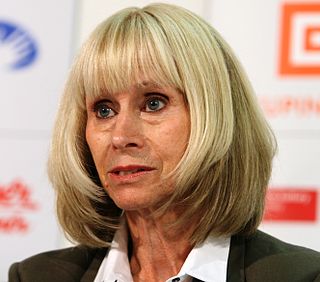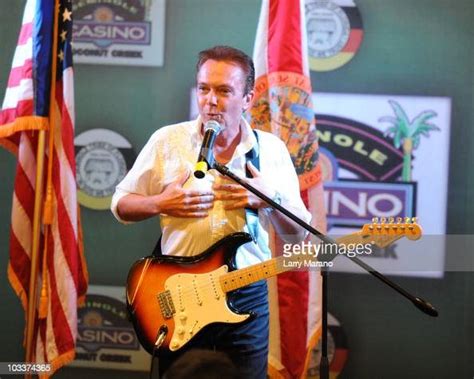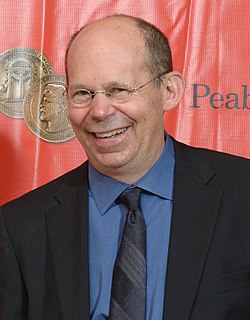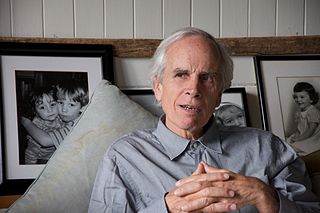A Quote by Philip Pullman
Long before writing, people were telling each other stories and the audiobook goes all the way back to that tradition.
Related Quotes
Woodfall wasn't deliberately telling working-class stories, but John Osborne and other writers who were involved with them were writing those stories, which had never really been written before. The working-class person always had to have an accent before, was often a joker, and peripheral. At Woodfall, they were driving the film.
Long before I became a feminist in any explicit way, I had turned from writing love stories about women in which women were losers, and adventure stories about men in which the men were winners, to writing adventure stories about a woman in which the woman won. It was one of the hardest things I ever did in my life.
Once you play with these scenes and you're outlining it, again and again, and telling each other the narrative, and telling it to people you know, trying to make sure that the mathematics of the story work, you feel that those are in place, and the actual writing and final draft doesn't take as long.
Writing stories, adopting other characters, making up fantastic stories and tales, this is a way of perhaps enhancing who I am. Writing stories takes a commonplace old life and makes it all somehow more interesting. And hopefully I can do that in a way that touches a lot of people in their lives, too.
There's something exhilarating about telling stories that haven't been shared before and haven't been told publicly before. The last thing I want to be doing is telling stories other people have already told. That's not to say that there isn't important work out there about people in positions of power, but I know my strength. Even when I was at the Wall Street Journal 10 years ago, this is what I wrote about.
I was recording my audiobook, and it's so weird. You write things, but then to have to say them out loud in front of people feels so different. So when I was recording my audiobook, I was telling an embarrassing story in front of, like, a room full of audio-tech people that I don't know, and I was like 'Oh my God, this is so cringe.'
My greatest strength as a writer is that I'm a storyteller. But, it was a long, hard struggle for me to make the transition from verbally telling stories to writing them. You'll note I don't dwell on descriptions in my writing, because I'm far more interested in telling the story. There are many better writers in this world, but you'd be hard pressed to find anyone more passionate about stories than I am.
As an activist, you do find yourself directed more toward public action. But I've always tried to use stories from my own life in my writing for instance. It has always been clear to me that the stories of each other's lives are our best textbooks. Every social justice movement that I know of has come out of people sitting in small groups, telling their life stories, and discovering that other people have shared similar experiences. So, if we've shared many experiences, then it probably has something to do with power or politics, and if we unify and act together, then we can make a change.






































